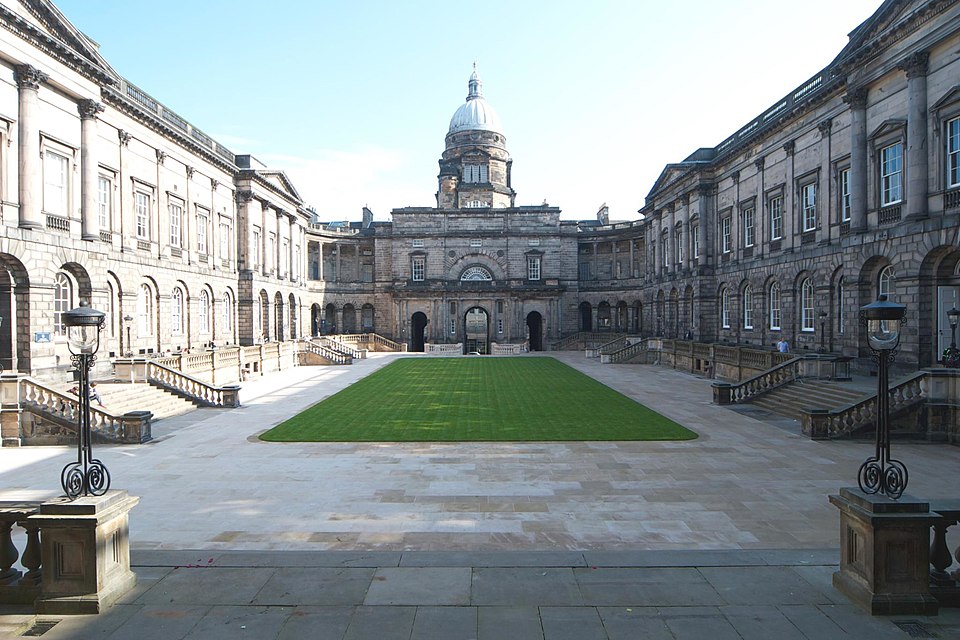
A new review has revealed that the University of Edinburgh financially benefited from the transatlantic slave trade and provided a platform for the development of racist ideologies in the 18th
and 19th centuries.
Commissioned in 2021 and published on Sunday, the review traced endowment donations to profits generated from slavery-linked industries—including tobacco, sugar, and cotton. These funds helped establish scholarships, fellowships, and academic positions at the university.
The University of Edinburgh now joins a growing list of UK institutions, such as the Universities of Glasgow, Bristol, and Cambridge, that have publicly confronted their historical involvement in slavery.
Founded in 1583, the university holds 15 historic endowments connected to African enslavement and 12 more tied to British colonial activity in India, Singapore, and South Africa. According to the report, some of these endowments are still in operation today.
University principal Peter Mathieson commented, "We cannot have a selective memory about our past, focusing only on the historical achievements which make us feel proud. We are right to address its complexities too."
Between 1750 and 1850, the university reportedly served as a “haven” for professors and graduates who advanced notions of African inferiority and were influential in shaping racial pseudo-science used to justify slavery and colonialism.
The report includes several recommendations, such as establishing a research and community centre dedicated to issues of racism, colonialism, and anti-Black violence. It also urges the university to take steps to improve representation among Black staff and students, address awarding gaps, and remove barriers faced by those experiencing racism.
Beyond academia, other major British institutions—including the Church of England and the Bank of England—have also begun acknowledging their historic ties to slavery.
However, some scholars and activists argue that such acknowledgments are not enough. They call for reparations and systemic changes, criticizing symbolic gestures as inadequate responses to the deep-rooted legacy of slavery. Meanwhile, opposition to reparations remains strong, with critics asserting that present-day institutions should not be held accountable for historical injustices. Photo by Theoden sA, Wikimedia commons.







































